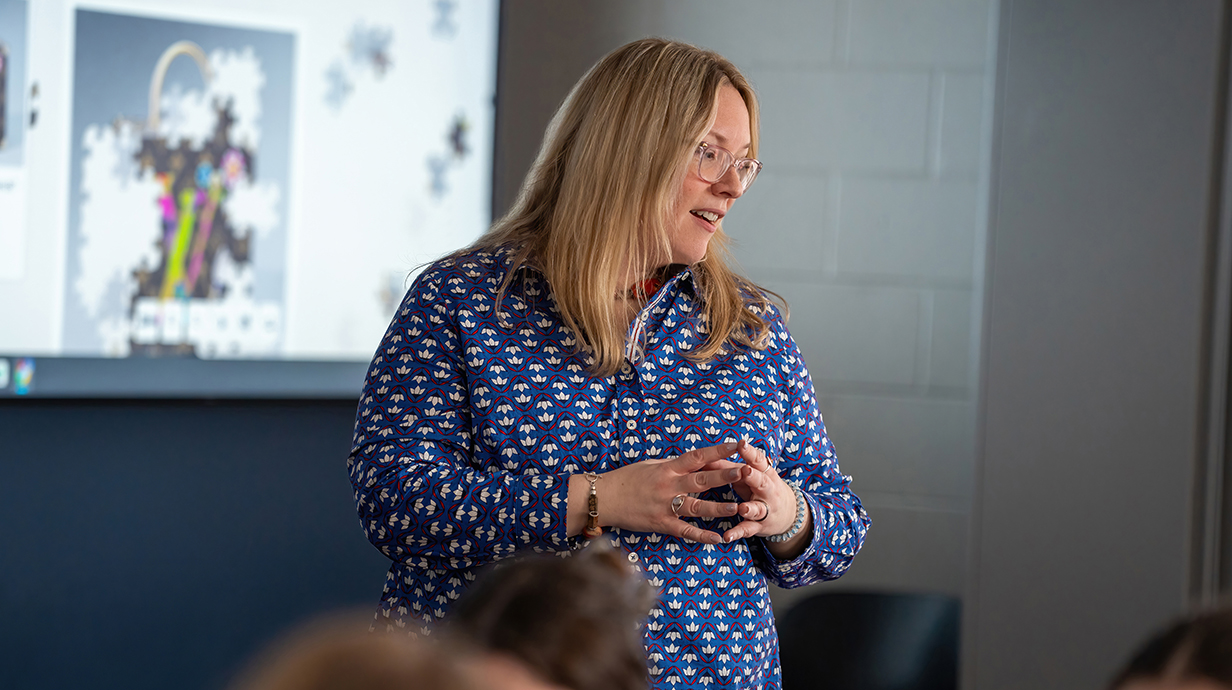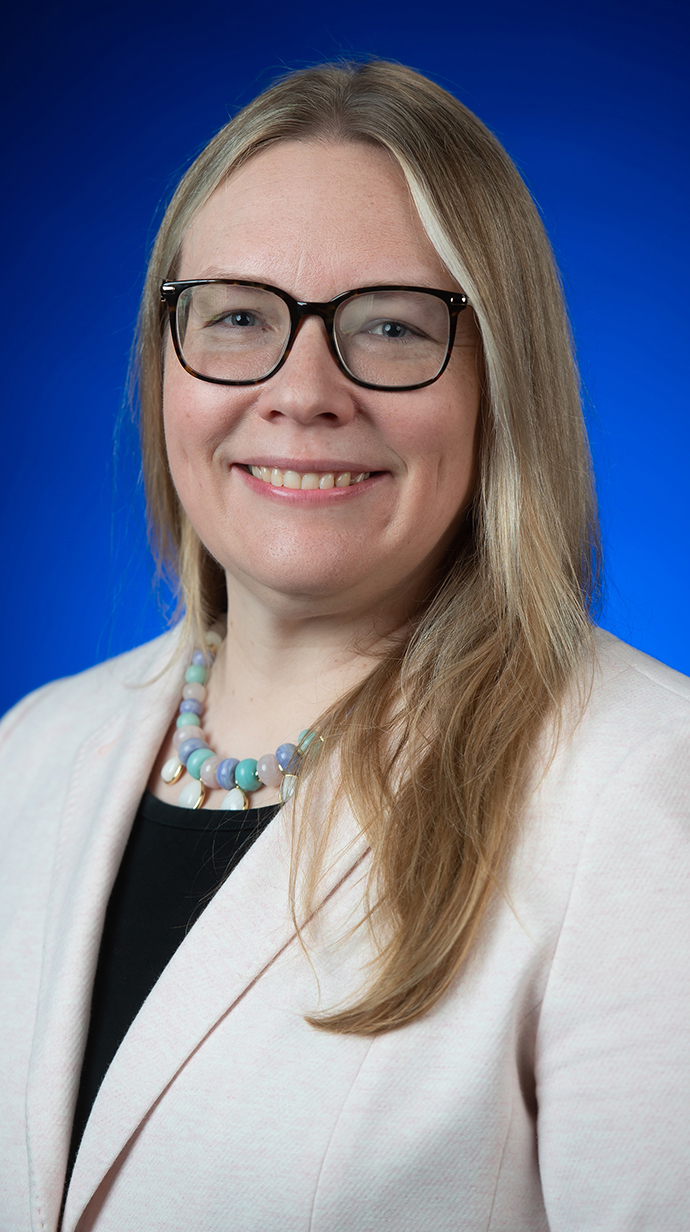Education Professor Selected for Mississippi AI Fellowship
Sara Platt to help equip teachers with artificial intelligence skills

OXFORD, Miss. – As artificial intelligence continues to reshape industries, a University of Mississippi professor is working to ensure that educators are prepared to harness its potential in the classroom.
Sara Platt, assistant professor of special education and assistant dean in the School of Education, has been selected as one of 11 educators for the 2024-25 Educator AI Accelerator Fellowship by the Mississippi AI Collaborative, or MSAIC. The collaborative is a nonprofit organization that aims to integrate AI into education, business and community development across the state.
The fellowship is designed to equip Mississippi educators with AI knowledge and tools to help them integrate the technology into their classrooms.
"AI has the potential to revolutionize education," Platt said. "One of the biggest challenges for teachers is a lack of time to focus on individual student needs.

"AI can help by streamlining lesson planning and adapting materials to fit each student's learning style."
As part of the fellowship, Platt will develop training programs and lead workshops to help teachers integrate AI into their instruction. By equipping teachers with AI knowledge and skills, she ensures they can effectively use the technology in the classroom.
In turn, this helps them prepare their students with the AI literacy needed to succeed in an increasingly technology-driven workforce.
Platt is already using AI models in her courses to show future teachers how the technology can generate lesson plans, adjust them for different grade levels and quickly modify them to meet diverse learning needs. This is particularly beneficial for students with disabilities, allowing teachers to tailor materials in seconds rather than hours.
The need for AI literacy in K-12 schools is growing rapidly, said Chris Chism, superintendent of the Pearl Public School District and a member of the education school's advisory board.
"The future of education and the workforce in Mississippi will be shaped by those who understand and embrace artificial intelligence," Chism said. "For our future teachers, learning to use AI is not just about keeping up with technology – it's about preparing students for a world where AI will be an essential tool in every profession.
"The ability to integrate AI effectively in the classroom will ensure that K-12 students graduate with the skills needed to thrive in an AI-driven economy."
Beyond the fellowship, Platt serves on the university's AI advisory policy boards for both research and teaching. She remains committed to learning alongside her students, often encouraging them to share their AI experiences.
"AI is constantly evolving, and my students are already using it in ways I never imagined," Platt said. "By exploring it together, we can discover new ways to enhance teaching and learning."
Top: Sara Platt, assistant professor of special education at Ole Miss, engages students during a class in Guyton Hall. The Mississippi AI Collaborative has selected Platt as one of 11 fellows to teach educators about how to use AI in the classroom, equipping their students for technology-driven careers. Photo by Don Feitel/School of Education
By
Don Feitel
Campus
Published
February 10, 2025
